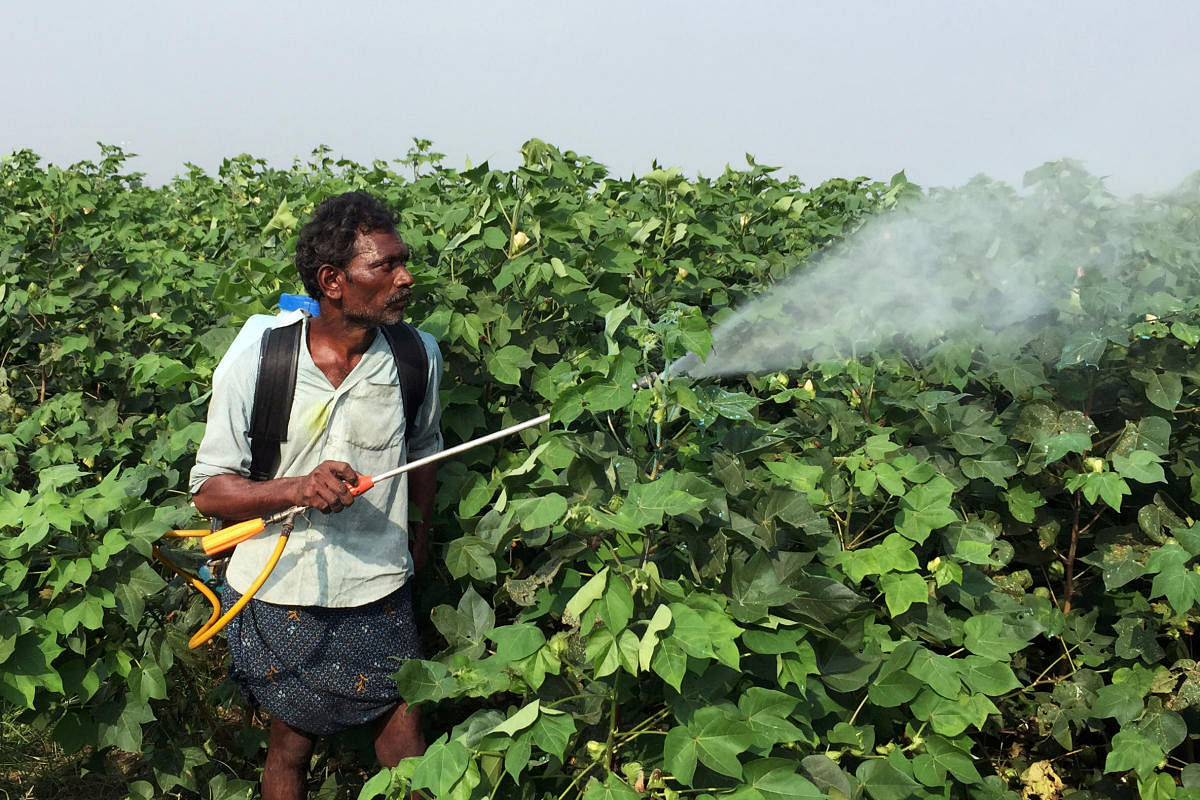
Adolescents exposed to elevated levels of pesticides are at an increased risk of depression, a study has found.
Researchers at the University of California in the US have been tracking the development of children living near agricultural fields in the Ecuadorian Andes since 2008.
For the study, published in the International Journal of Hygiene and Environmental Health, they examined 529 adolescents between the ages of 11 and 17.
To test exposure levels of children, the research team measured levels of the enzyme acetylcholinesterase (AChE) in the blood.
Pesticides such as organophosphates and carbamates exert their toxicity by inhibiting AChE activity, according to the study.
Teens who had lower AChE activity, suggesting greater exposure to cholinesterase inhibitors, showed more symptoms of depression assessed using a standardized depression assessment tool.
"Agricultural workers and people in these communities have long offered anecdotal reports of a rise in adolescent depression and suicidal tendencies," said Suarez-Lopez from the University of California.